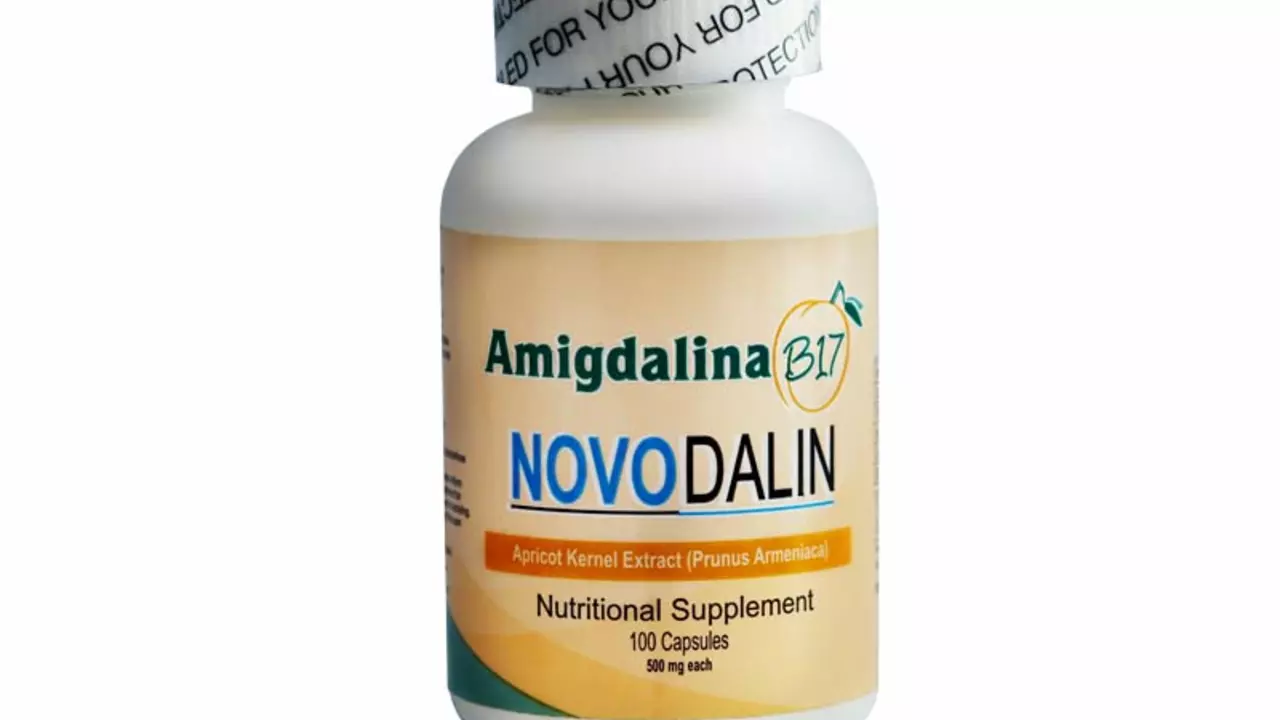Apricot Kernels: What They Are and Why People Talk About Them
Apricot kernels are the seeds inside the pit of an apricot. Some people eat them for taste, others use them as a folk remedy because they contain a compound called amygdalin (often linked with the name laetrile). That compound can release cyanide in the body, so apricot kernels are one of those foods that have both attention and real safety concerns.
Potential benefits — and the flipside
Supporters say apricot kernels may help with digestion, energy, or general wellness. But credible medical agencies have not approved them as a treatment for disease. The real issue is risk: amygdalin breaks down into cyanide, and cyanide is toxic. Eating too many bitter kernels can cause nausea, headache, dizziness, fast breathing, or worse. Several health agencies have warned against regular consumption for this reason.
How to reduce risk if you choose to try them
If you still want to use apricot kernels, follow practical safety steps. First, know whether the kernels are bitter or sweet — bitter ones contain much more amygdalin. Prefer sweet kernels and avoid bitter varieties. Buy from a seller that lists origin and provides testing or third-party lab results when possible.
Cooking or roasting lowers some toxicity but doesn’t remove all cyanide. Roasting thoroughly at home can reduce risk, but it’s not a guarantee. Don’t rely on homemade processing to make large quantities safe. Store kernels in a cool, dry place and keep them away from children and pets.
Start with a very small amount and wait to see how your body reacts. If you feel any nausea, lightheadedness, or unusual symptoms, stop immediately and seek medical help. Avoid combining kernels with other supplements or medications without checking with a healthcare provider—some combinations can increase risks.
Certain people should not eat apricot kernels at all: pregnant or breastfeeding women, children, people with existing heart or breathing problems, and anyone with known sensitivity to cyanide or similar compounds. If you take prescription drugs, talk with your doctor before trying kernels.
Regulators in several countries advise caution. The U.S. Food and Drug Administration has not approved laetrile and has warned about poisoning cases tied to apricot seeds. European and other national food safety bodies also recommend limits or avoidance — check local guidance before buying.
If your reason for trying apricot kernels is medical (for example, cancer or chronic illness), discuss it with a qualified clinician. They can explain safer, evidence-based options and monitor you if you still want to try natural remedies.
Bottom line: apricot kernels are not harmless snacks. They can be used carefully by adults who understand the risks, choose safer (sweet) varieties, buy tested products, and keep intake very low. When in doubt, ask a healthcare professional.
 12 Jul 2023
12 Jul 2023
In my recent research on apricot kernels, I've discovered the incredible science behind how this dietary supplement can boost your health. They're packed with amygdalin, also known as vitamin B17, which is believed to fight cancer cells. Plus, they are a great source of dietary fiber and healthy fats. However, moderation is key, as excessive consumption can lead to cyanide poisoning. So, adding a controlled amount of apricot kernels to your diet can be a game-changer for your health.
View More

